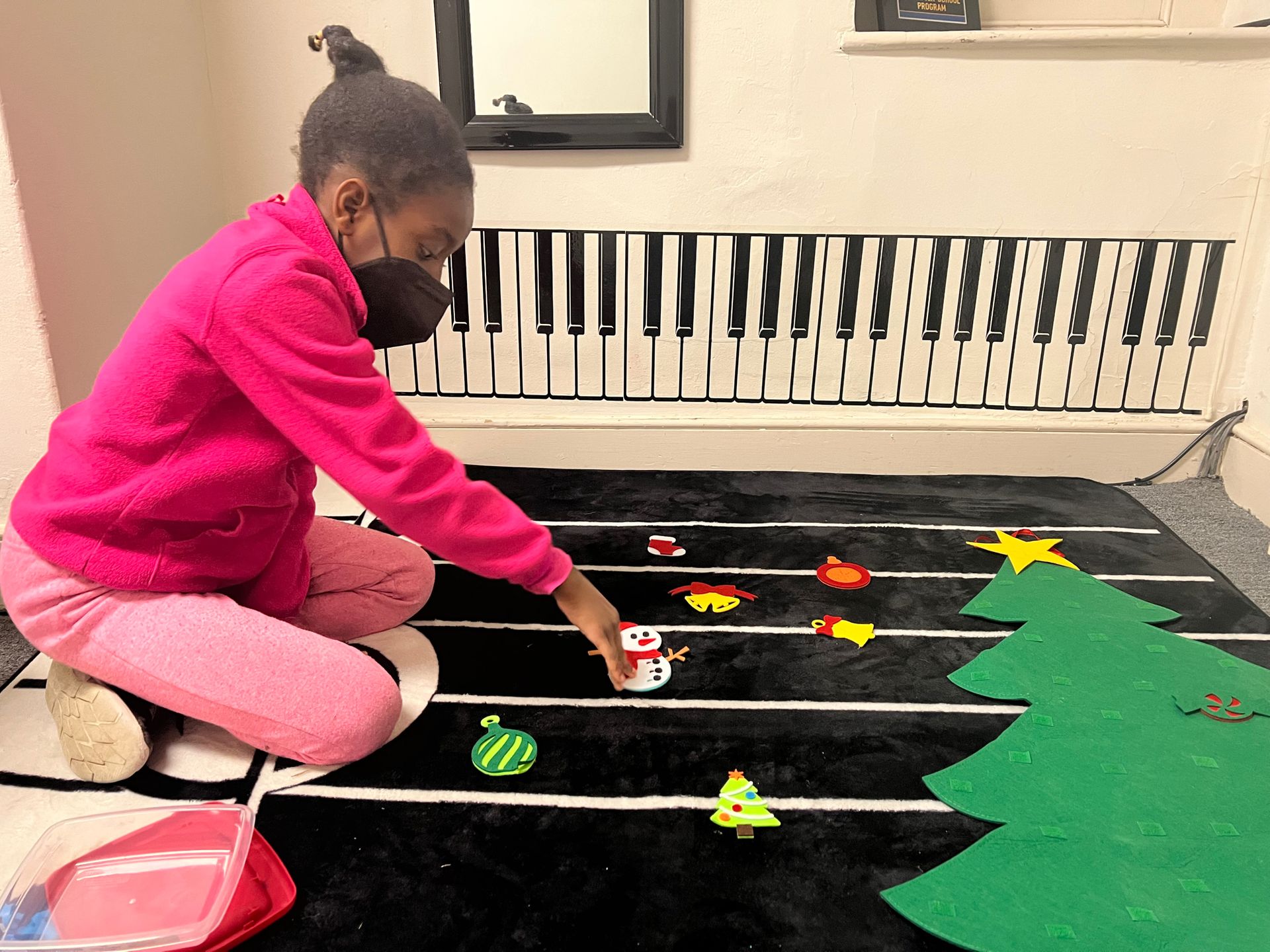- Why January Is the Perfect Time to Start Music Lessons in Downingtown PA
- How to Set Up the Perfect At-Home Studio for Virtual Music Lessons
- Online vs. In‑Person Music Lessons in Downingtown: Which Works Best for You?
- Faith and Music in Lessons at Downingtown Music Academy
- Why It’s Never Too Late to Return to Music Lessons: Stories, Tips, and Inspiration
- How Themed Practice Incentives Make Music Lessons More Fun and Effective
- Why Music is So Important for Neurodiverse Children
But Why Do I Have to Learn Music Theory?

The Key to Mastering Music: A Dive into Music Theory
In the world of music education, there's a foundational element that serves as the bedrock for aspiring musicians: music theory. At our studio, we dedicate a significant portion of our lessons to delving into the intricacies of music theory, recognizing its pivotal role in developing effective music readers and performers.
Understanding the Basics
At the heart of music theory lies the ability to decipher musical notation. We guide our students through the process of translating notes into letters, which then correspond to keys or strings on their instruments. However, our focus extends beyond mere note identification. We delve into analyzing the distance between notes and discerning whether they ascend or descend, fostering fluency in both aspects to enhance musical comprehension. ### Unlocking Chord Recognition Chord recognition forms another essential component of our curriculum. We familiarize students with identifying and playing groups of three or more notes, known as chords. By cultivating an understanding of triad vocabulary, students grasp the recurring patterns within the musical alphabet, facilitating smoother transitions between chords and enhancing their overall musical fluency.
Embracing Scales and Patterns Scales
Understanding sequential arrangements of notes ascending or descending by a consistent interval, are integral to musical proficiency. We emphasize the importance of recognizing scale patterns, such as the ubiquitous C major scale, as they serve as building blocks for musical compositions. Just as mastering sight words accelerates reading fluency, identifying these musical "sight words" expedites musical interpretation and performance.
The Art of Sight Reading
In our lessons, we place a significant emphasis on sight reading—the ability to play music without prior rehearsal. This skill not only hones reading speed but also cultivates adaptability and confidence in tackling unfamiliar musical passages. Balancing sight reading with polished performances of chosen pieces ensures a well-rounded musical education that prepares students for both impromptu challenges and structured presentations.
Conclusion
In essence, mastering music involves more than just playing the notes—it requires a deep understanding of music theory and its practical applications. By equipping our students with the tools to decipher notation, recognize patterns, and embrace sight reading, we empower them to become adept musicians capable of fluently expressing themselves through their instruments. In our studio, the journey to musical excellence begins with a solid foundation in music theory.